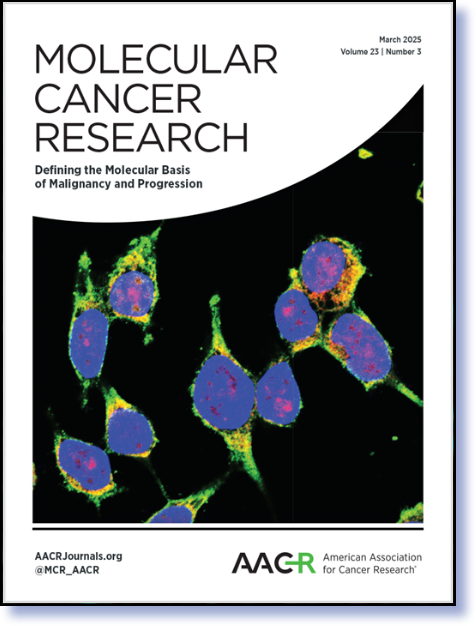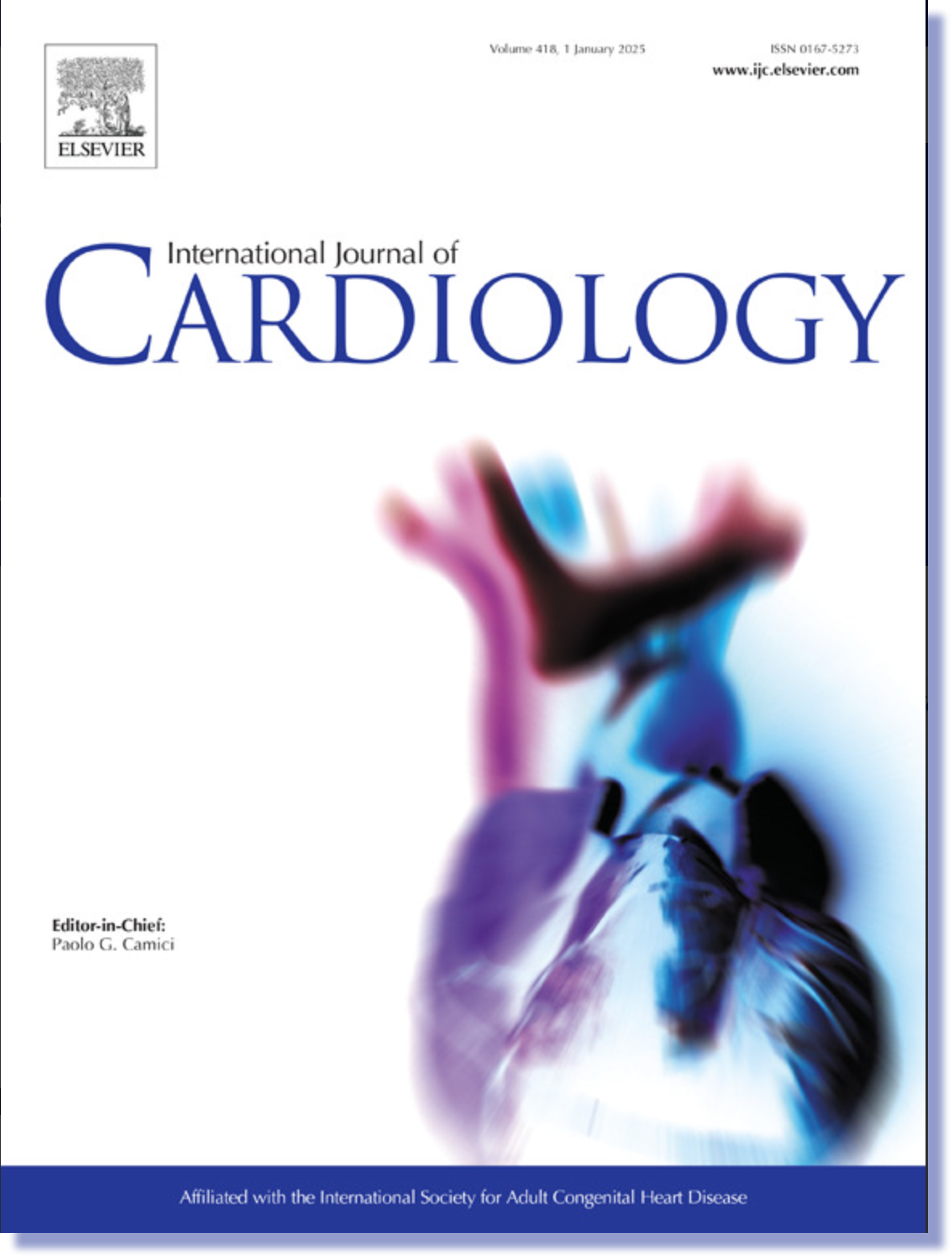FUNCTIONAL MEDICINE BLOG
Includes over 800 monographs reporting on emerging studies in the medical and scientific literature of practical clinical importance, easily searched for content.

Insulin resistance increases breast cancer aggressiveness
Insulin resistance in metabolic conditions like type 2 diabetes and pre-diabetes makes breast cancer cells more aggressive and reduces survival.

The Triglyceride–Glucose Index is a powerful biomarker for cardiovascular disease, depression, dementia, cancer and much more
The TyG Index an important biomarker associated with insulin resistance, is a powerful predictor of risk for cardiovascular disease, depression, cancer, and much more.
Breast cancer, autoantibodies and autoimmune inflammation
"In this study, detection of autoantibodies in the sera from practically all women with breast cancer provides compelling evidence that an antigen-driven autoantibody response takes place in BC."
Allergic inflammation may promote breast cancer metastasis
A study recently published in the Journal of Leukocyte Biology reveals a mechanism by which allergic inflammation can promote breast cancer metastasis.
Breast cancer, oxidative stress and NF-κB
A paper just published in the journal Breast Cancer Research and Treatment highlights how reactive oxygen species (ROS) activate pro-inflammatory NF-κB (nuclear factor kappa beta, also an oncogenic transcription factor) to promote more aggressive breast cancer, and that this can be ameliorated by NAC.
Metastasis reduced by low carb diet plus anti-inflammatory
Two papers just published in the journal Carcinogenesis presenting evidence that a low carbohydrate/high protein diet plus anti-inflammatory agent markedly reduces cancer metastasis.
Bra wearing not linked to breast cancer
Bra wearing does not seem to be associated with breast cancer in postmenopausal women according to a study just published in Cancer Epidemiology, Biomarkers & Prevention.
Nigella sativa, a true 'wonder medicine'?
Nigella sativa, also known as black cumin, produces seeds with a mind-boggling wealth of medicinal virtues. For colleagues and others who may not be familiar with the abundance of scientific evidence for the use of Nigella sativa seed extract in clinical practice, this selection of citations serves as an introduction to its wide range of indications.
Breast cancer and glucose intolerance
Breast cancer, insulin resistance and blood sugar dysregulation are associated, and more evidence for the breast cancer link with glucose intolerance is presented in a study just published in PLOS ONE.
Breast cancer survival is enhanced by higher serum levels of vitamin D
Breast cancer survival is linked to higher serum levels of 25-hydroxyvitamin D [25(OH)D] according to evidence presented in a meta-analysis just published in the journal Anti-Cancer Research...Higher serum 25(OH)D concentrations were associated with lower fatality rates in patients with breast cancer. Patients with the highest concentration of 25(OH)D had approximately half the fatality rate compared to those with the lowest concentration
Breast cancer risk doubles with calcium channel blockers for hypertension
Breast cancer risk assessment must take into consideration chronic inflammation, which comes to the fore in light of a study just published in JAMA Internal Medicine (formerly Archives of Internal Medicine) offering evidence that use use of calcium channel blockers double the risk for breast cancer.
Breast cancer in younger patients worse with iron deficiency
Iron deficiency may be an important and treatable risk factor that contributes to breast cancer in premenopausal patients.
Biopsy of breast tumors may spread cancer cells through the acute inflammatory response
A study just published in the journal Breast Cancer Research and Treatment demonstrates that it is possible for tumor cells to be spread by the acute inflammatory response to the biopsy procedure. Happily, the authors also show that anti-inflammatory treatment prior to the biopsy can protect against metastasis.
Test helps select most effective chemotherapy for leukemia and other cancers
Acute myelocytic leukemia responds significantly better to chemotherapy selected by a test that shows the ability of each chemotherapeutic agent to induce apoptosis (cell death) according to research just published in the journal Leukemia & Lymphoma. This joins the list of other malignancies including breast cancer, ovarian cancer and endometrial cancer that are treated more effectively with chemotherapy screened by the microculture kinetic (MiCK) drug-induced apoptosis assay.
Psychological harm of false-positive mammography persists for years
Apart from the controversy over the timing and frequency of screening mammography, practitioners must bear in mind that the psychological effects of false-positive findings can last for years and be as psychologically disturbing as a confirmed diagnosis of breast cancer. A study just published in Annals of Family Medicine confirms long lasting psychosocial harm from false-positive mammography results.
Insulin resistance is a risk factor for breast cancer even with normal fasting glucose and insulin
Well before fasting glucose and insulin rise out of the normal range, background surges of insulin associated with decreased insulin receptor sensitivity do harm throughout the body and, as confirmed by a study just published in the Journal of Experimental & Clinical Cancer Research shows, promote breast cancer.
Breast cancer inhibited by pomegranate juice
Pomegranate juice inhibits the growth and migration of breast cancer cells as well as preventing prostate cancer metastasis.
Breast cancer risk increased by diagnostic radiation
Breast cancer risk increased is by diagnostic radiation including mammography for BRCA1/2 gene carriers.
Breast cancer in Marin linked to vitamin D receptor differences
The high incidence of breast cancer in Marin County, California is linked to vitamin D receptor polymorphisms ('versions').
